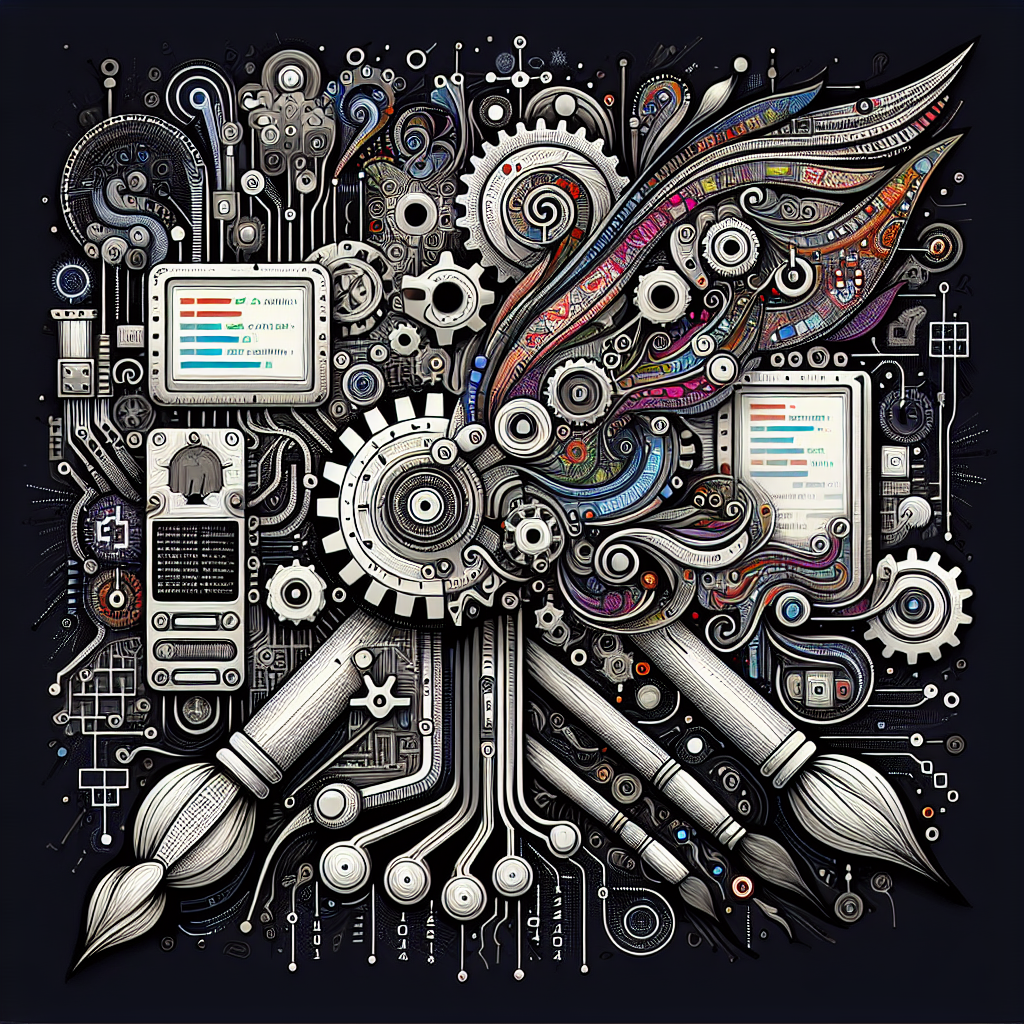Generative artificial intelligence (AI) is a cutting-edge technology that is revolutionizing the way we think about creativity and innovation. This technology allows machines to generate new and original content, such as art, music, and writing, without direct human input. Understanding generative AI is essential for grasping the potential it holds for various industries and the impact it will have on our society.
At its core, generative AI uses complex algorithms and neural networks to learn patterns and generate new content based on that data. These algorithms are trained on vast amounts of data, allowing the AI to understand and mimic the style and characteristics of the input data. For example, a generative AI trained on classical music may be able to compose new pieces that sound like they were written by famous composers.
One of the key components of generative AI is the ability to create content that is both novel and coherent. For example, a generative AI that is trained on images of faces can generate realistic-looking faces that do not exist in the real world. This ability to create new content is what sets generative AI apart from other forms of AI that are more focused on specific tasks or functions.
Generative AI has a wide range of applications across various industries. In the field of art and design, generative AI can be used to create unique and original pieces of art that push the boundaries of traditional art forms. In the music industry, generative AI can be used to compose music that is both innovative and appealing to listeners. In the field of writing, generative AI can be used to generate new stories, poems, and articles that are engaging and thought-provoking.
However, generative AI also raises important ethical and social questions. For example, who owns the content generated by AI? How do we ensure that AI-generated content is not used for malicious purposes or to spread misinformation? These are important questions that will need to be addressed as generative AI becomes more widespread.
In conclusion, understanding generative AI is essential for grasping the potential and impact of this groundbreaking technology. Generative AI has the power to revolutionize creativity and innovation across various industries, but it also raises important ethical and social questions that must be addressed. As we continue to explore the capabilities of generative AI, it is important to consider the implications and ensure that this technology is used responsibly and ethically.


Leave a Reply